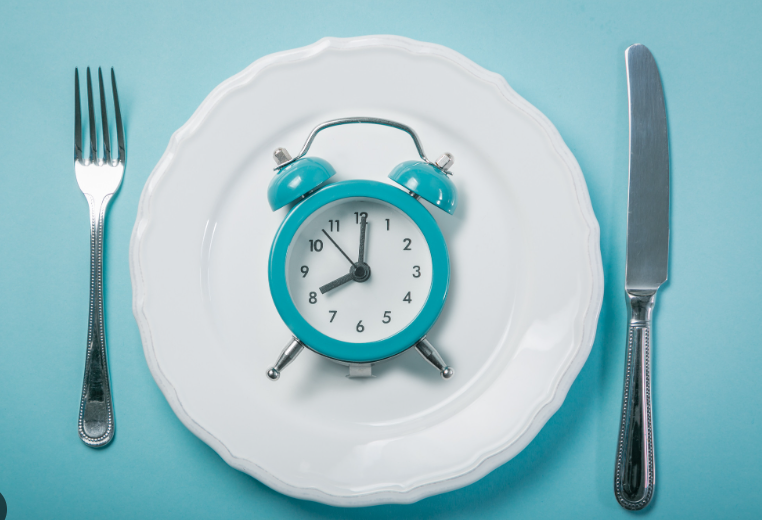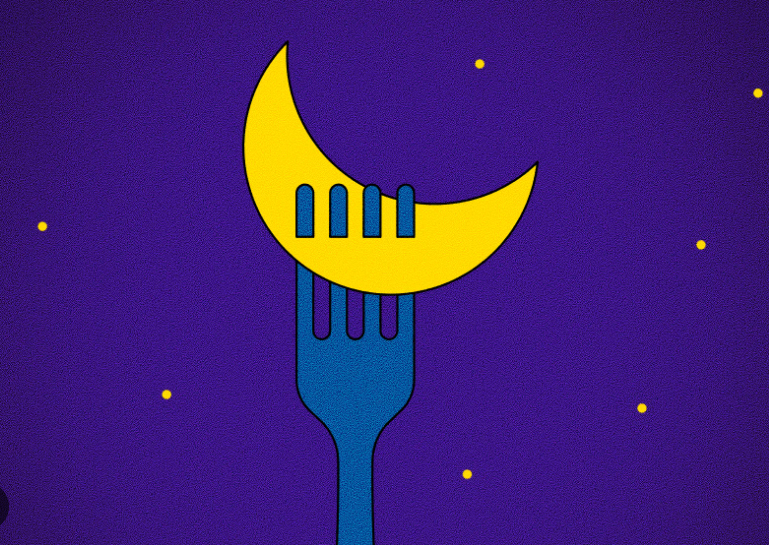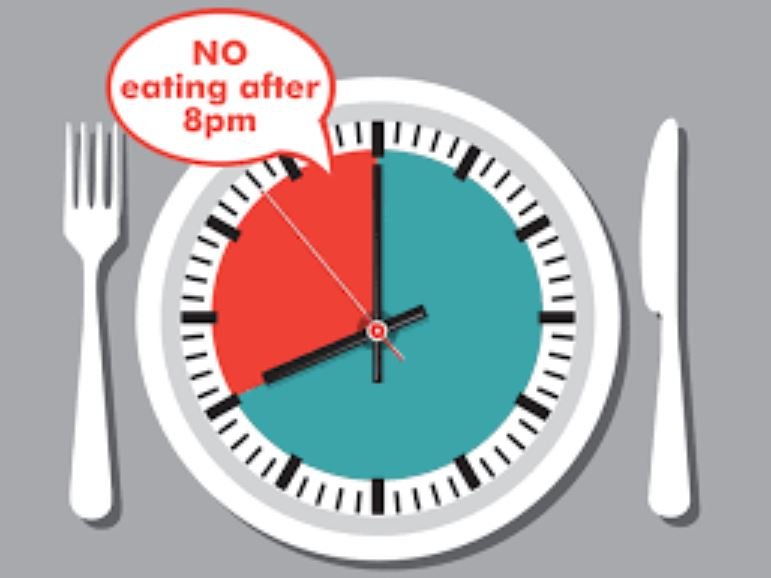Discover how late-night eating affects your health. Get practical tips for making healthier food choices for eating after 8 PM for a better lifestyle.
In the world of health and wellness, misinformation often lurks, casting a shadow over well-intentioned advice. One such prevalent myth revolves around the idea that eating after 8 PM is detrimental to your health and can lead to weight gain. Today, we aim to debunk this misconception and shed light on the actual dynamics of late-night eating.
Understanding the Body’s Metabolism
The Circadian Rhythm
Contrary to popular belief, the body’s metabolism doesn’t come to a screeching halt after 8 PM. Our metabolism operates on a 24-hour cycle, known as the circadian rhythm. This natural biological clock regulates various bodily functions, including metabolism. It’s not about when you eat but rather what and how much you consume that truly matters.
ALSO READ: 5 Ayurvedic Tips To Burn Belly Fat Naturally

Metabolic Rate Throughout the Day
Research indicates that the body’s metabolic rate remains relatively steady throughout the day and night. Factors such as age, gender, and physical activity play more significant roles in determining metabolism than the specific time of day when you consume your meals.

The Science Behind Late-Night Eating
Caloric Intake vs. Expenditure
Weight gain is fundamentally linked to an imbalance between caloric intake and expenditure. It’s essential to focus on the overall caloric balance rather than fixating on the clock. Consuming more calories than your body needs at any time of the day can lead to weight gain.

Nutrient Composition Matters
Late-night snacks often get a bad rap, but it’s crucial to consider the nutrient composition of the food consumed. Opting for a balanced mix of protein, healthy fats, and complex carbohydrates can provide essential nutrients without wreaking havoc on your waistline.

Debunking the 8 PM Rule
The Myth of Weight Gain
Scientific studies refute the idea that eating after 8 PM directly results in weight gain. In fact, what you eat and your overall lifestyle choices are more influential in determining your body weight. Quality of food matters more than the timing.
ALSO READ: Dark Chocolate Vs Milk Chocolate: A Comprehensive Comparison

Individual Variability
Every individual’s body functions uniquely, and imposing a rigid rule like avoiding food after 8 PM doesn’t consider this variability. Some people may thrive on late-night meals, especially those with erratic work schedules or night-shift workers.
The Role of Hunger Signals
Listening to Your Body
Rather than adhering strictly to a specific time cutoff, it’s crucial to listen to your body’s hunger signals. If you feel genuine hunger after 8 PM, it’s acceptable to eat. Ignoring hunger cues can lead to overeating later or disrupt your sleep.

Practical Tips for Late-Night Eating
Optimal Snack Choices
For those who find themselves reaching for a late-night snack, choosing wisely is key. Opt for snacks that are rich in protein and fiber to promote satiety and avoid excessive calorie intake.

Portion Control
Controlling portion sizes is a universal principle for maintaining a healthy weight. Whether you eat at 6 PM or 10 PM, practicing moderation ensures that you don’t exceed your daily caloric needs.

In conclusion, the notion that eating after 8 PM is a direct path to weight gain is a misguided belief lacking scientific backing. Instead of fixating on the clock, it’s essential to focus on the quality of food, overall caloric balance, and individual variability. By understanding your body’s unique needs and adopting a mindful approach to late-night eating, you can nourish yourself without the fear of unwanted weight gain.
ALSO READ: 5 Best Fat-Burning Cardio Exercises For Women Over 40
Click here, to check out HNN’s latest post.
Image source: Google




































